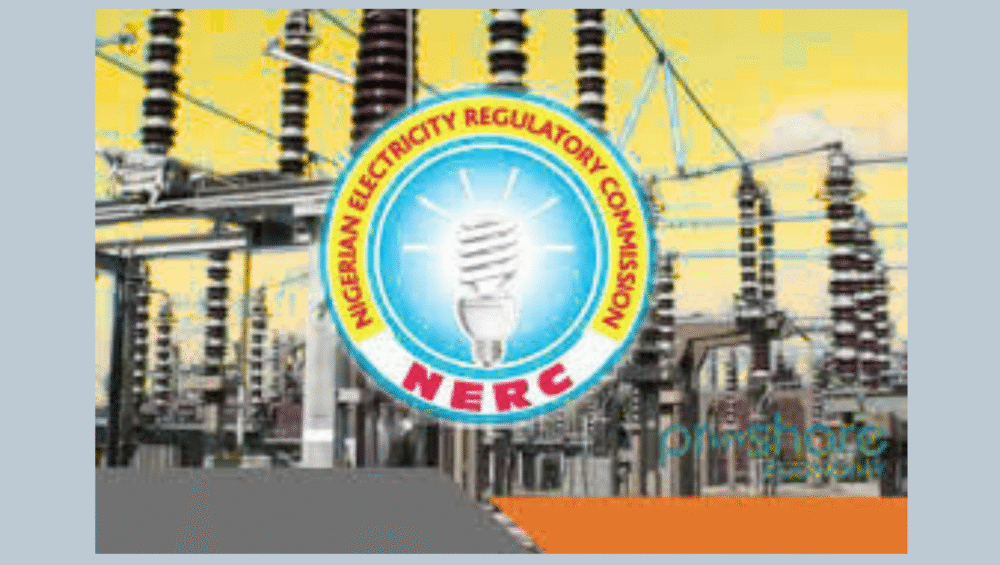The Federal Government has waded into the growing standoff between state governments and electricity distribution companies (Discos) over who has the authority to set electricity tariffs.
The Nigerian Electricity Regulatory Commission (NERC) confirmed on Thursday that it has summoned all stakeholders—including state regulators, Discos, and generation companies—to a meeting in Lagos next week. The forum, described as a closed-door industry dialogue, is expected to seek solutions to the worsening dispute.
At the heart of the crisis is the Electricity Act, 2023 (Amended). State commissioners for power insist the law empowers them to regulate electricity within their domains, including tariff setting. But Discos, under the Association of Nigerian Electricity Distributors, maintain that states cannot dictate prices for electricity sourced from the national grid.
The dispute escalated in July when the Enugu Electricity Regulatory Commission slashed Band A tariffs from N209 to N160 per kilowatt-hour. The Enugu Disco rejected the order, warning that the cut would push it into losses of over N1bn monthly. Supply was briefly reduced by 50 per cent, leaving customers in darkness before the Disco restored service at the old tariff.
Discos argue that allowing states to fix tariffs below production cost would collapse the industry. “You can only regulate tariffs for electricity you generate, transmit, and distribute within your state,” said Sunday Oduntan, spokesman for the Discos. “You cannot put a price on power from the national grid.”
But state officials disagree. The Forum of Commissioners for Power and Energy in Nigeria insists states have exclusive rights to design tariffs within their jurisdictions. Enugu’s Special Adviser on Power, Joe Aneke, argued that its tariff order only covered distribution costs and did not tamper with generation or transmission charges.
NERC has previously warned that states slashing tariffs must be prepared to cover the shortfall through subsidies, to avoid distorting the national electricity market.
As the stalemate deepens, the Lagos meeting will attempt to broker common ground. Whether consensus will be reached, however, remains uncertain in a sector already grappling with fragile finances and widespread blackouts.





